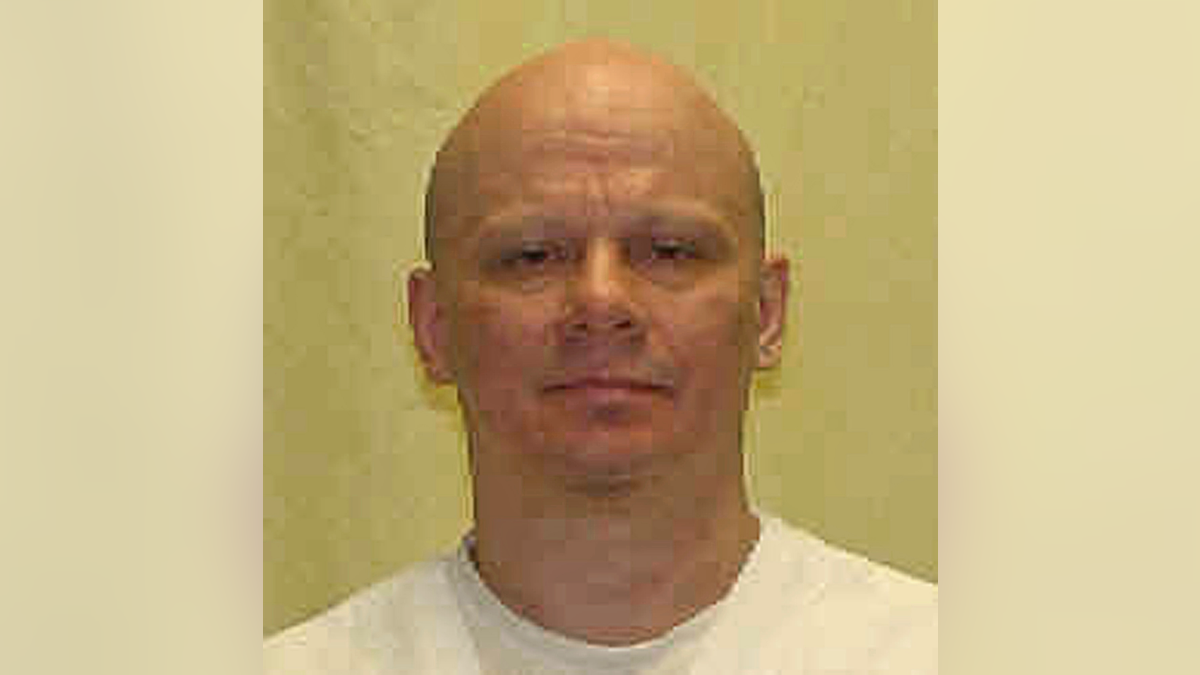
COLUMBUS, Ohio – In a story May 24 about a request for clemency by death row inmate Robert Van Hook, The Associated Press erroneously reported on his current attorneys' strategies. His lawyers are citing a history of abuse and untreated mental illness, not a "homosexual panic" defense, which was used by his previous attorneys.
A corrected version of the story is below:
Condemned killer cites history of abuse, mental illness
Attorneys for condemned killer ask their client be spared, citing history of abuse and untreated mental illness
By ANDREW WELSH-HUGGINS
Associated Press
COLUMBUS, Ohio (AP) — A condemned killer is asking the Ohio Parole Board for mercy, citing a history of severe childhood emotional and physical abuse and untreated mental illness.
Death row inmate Robert Van Hook was sentenced to die for fatally strangling and stabbing David Self in Cincinnati in 1985. Van Hook fled to Florida, where he was arrested and confessed.
At the time of the killing, Van Hook was suffering from long-term effects of untreated mental, physical and sexual abuse as a child and was depressed that his life seemed to be falling apart, his attorneys argue.
He also was "troubled by increasing questions about his own sexual identity," his federal public defenders said in a May 17 filing with the parole board.
They also said he was improperly questioned by a Cincinnati police detective after he was arrested in Florida, and should have been provided an attorney.
The parole board heard arguments Thursday for and against Van Hook's clemency request. Republican Gov. John Kasich has the final say. Van Hook's execution is set for July 18.
Attorneys representing Van Hook at trial and later on appeal raised a so-called "homosexual panic" defense, or the idea that self-revulsion over sexual identity confusion contributed to a violent outburst.
Van Hook's current attorneys consider this approach misguided. They say it led the former attorneys to overlook the impact of Van Hook's drug and alcohol addictions; diagnoses of borderline personality disorder and post-traumatic stress disorder from his childhood; physical abuse and childhood trauma; and punishment from his father for perceived "gay tendencies."
Prosecutors, referring to the prior "panic" claims, have dismissed it as nonsense, saying he made a practice of luring gay men to apartments to rob them.
"This is a man who had cynically manipulated homosexuals for years. He posed as a gay; he frequented bars that were gay and he preyed on vulnerable victims who were gay," the Hamilton County prosecutor's office said in a Tuesday filing with the board.
Prosecutors also note Van Hook has an extensive history of violence while incarcerated, including stabbing a fellow death row inmate in November.
The so-called "gay" or "homosexual panic" defense has come under fire in recent years. Five years ago, the American Bar Association urged governments to pass laws limiting the defense, saying a victim's sexual orientation or gender identity should not be blamed for a criminal defendant's violent reaction.
Earlier this year, Illinois became the second state after California to prohibit the defense. The Rhode Island House of Representatives voted on Wednesday to ban it.
Van Hook's current attorneys say they agree the defense should be criticized.
Authorities say Van Hook, 56, met Self at the Subway Bar in downtown Cincinnati on Feb. 18, 1985. After a couple of hours they went to Self's apartment where Van Hook strangled the 25-year-old Self to unconsciousness, stabbed him multiple times in the neck and then cut his abdomen open and stabbed his internal organs, according to court records. Van Hook stole a leather jacket and necklaces before fleeing, records say.
While separate federal courts have ruled in favor of a retrial for Van Hook, the U.S. Supreme Court upheld his conviction and death sentence in 2009.
___
Andrew Welsh-Huggins can be reached on Twitter at https://twitter.com/awhcolumbus.

